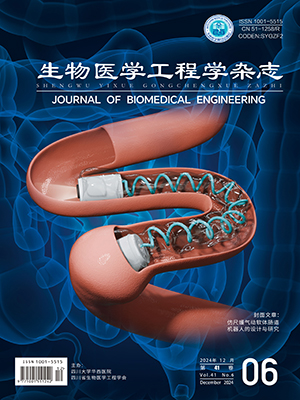Regurgitation is an abnormal condition happens when left ventricular assist devices (LVADs) operated at a low speed, which causes LVAD to fail to assist natural blood-pumping by heart and thus affects patients’ health. According to the degree of regurgitation, three LVAD’s regurgitation states were identified in this paper: no regurgitation, slight regurgitation and severe regurgitation. Regurgitation index (RI), which is presented based on the theory of dynamic closed cavity, is used to grade the regurgitation of LVAD. Numerical results showed that when patients are in exercising, resting and sleeping state, the critical speed between slight regurgitation and no regurgitation are 6 650 r/min, 7 000 r/min and 7 250 r/min, respectively, with corresponding RI of 0.401, 0.300 and 0.238, respectively. And the critical speed between slight regurgitation and severe regurgitation are 5 500 r/min, 6 000 r/min and 6 450 r/min, with corresponding RI of 0.488, 0.359 and 0.284 respectively. In addition, there is a negative relation correction between RI and rotational speed, so that grading the LVAD’s regurgitation can be achieved by determining the corresponding critical speed. Therefore, the detective parameter RI based on the signal of flow is proved to be able to grade LVAD’s regurgitation states effectively and contribute to the detection of LVAD’s regurgitation, which provides theoretical basis and technology support for developing a LVADs controlling system with high reliability.
Citation: WANG Fangqun, WU Zhenhai, JING Teng, XU Qing, YAO Jinhao, JI Jinghua. Study on regurgitation using the coupling model of left ventricular assist device and cardiovascular system. Journal of Biomedical Engineering, 2017, 34(5): 752-759. doi: 10.7507/1001-5515.201702033 Copy
Copyright © the editorial department of Journal of Biomedical Engineering of West China Medical Publisher. All rights reserved




